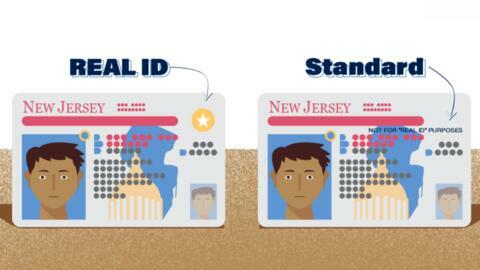Today, Secretary of Homeland Security Alejandro N. Mayorkas announced the Department of Homeland Security (DHS) is extending the REAL ID full enforcement date by 19 months, from October 1, 2021, to May 3, 2023, due to circumstances resulting from the ongoing COVID-19 pandemic.
The pandemic has significantly impacted states’ ability to issue REAL ID-compliant driver’s licenses and identification cards, with many driver’s licensing agencies still operating at limited capacity.
DHS will publish an interim final rule in the coming days to effectuate this enforcement date change.
“Protecting the health, safety, and security of our communities is our top priority,” Secretary Mayorkas said. “As our country continues to recover from the COVID-19 pandemic, extending the REAL ID full enforcement deadline will give states needed time to reopen their driver’s licensing operations and ensure their residents can obtain a REAL ID-compliant license or identification card.”
Beginning May 3, 2023, every air traveler 18 years of age and older will need a REAL ID-compliant driver’s license or identification card, state-issued enhanced driver’s license, or another TSA-acceptable form of identification at airport security checkpoints for domestic air travel.
All 50 U.S. states, the District of Columbia, and four of five U.S. territories covered by the REAL ID Act and related regulations are now compliant with REAL ID security standards and are issuing REAL ID-compliant driver’s licenses and identification cards.
However, many state licensing agencies have extended the deadline for renewing expiring licenses due to a widespread shift to appointment-only scheduling protocols during the pandemic that has significantly limited states’ capacity to issue REAL ID-compliant driver’s licenses and identification cards.
As a result, only 43 percent of all state-issued driver’s licenses and identification cards are currently REAL ID-compliant. DHS and various states also need time to implement requirements mandated by the REAL ID Modernization Act, including changes that will streamline processing by allowing the electronic submission of certain documents.
DHS continues to work closely with all U.S. states, the District of Columbia, and U.S. territories to implement REAL ID Act requirements. For more information on REAL ID, visit the Department of Homeland Security Website.
